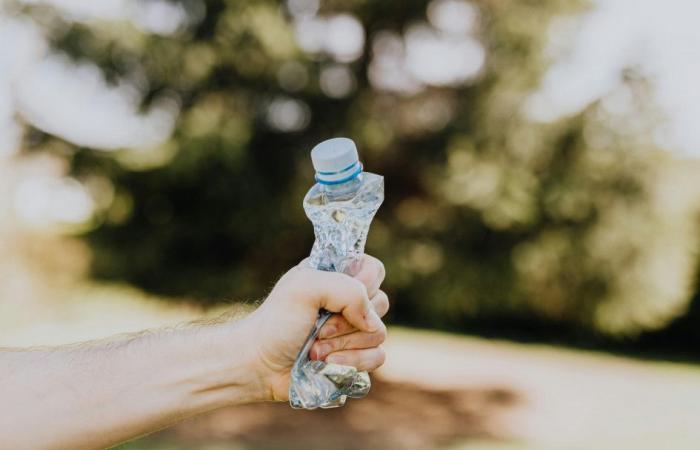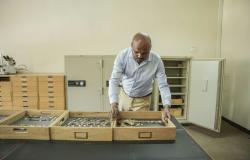In times of climate emergency, the world continues to be drowning in plastic. In 2019, 460 million tonnes of plastic were produced, and 353 million of them became waste, or around 80%, according to an OECD study.
Faced with this observation, awareness campaigns are increasing to encourage consumers to reduce their use of plastic. However, beyond these citizen initiatives, the scientific community is also mobilizing to propose innovative alternatives. Among these efforts, researchers at Kyoto University made a promising discovery while conducting research on plastic waste. They highlighted a bacteria, called Ideonella sakaiensis, capable of breaking down plastic using an enzyme that it produces naturally: PETase. This enzyme breaks down polyethylene terephthalate (PET), a commonly used plastic.
A Chinese advance towards biodegradable plastic
Continuing this advance, scientists at the University of Portsmouth, England, have succeeded in modifying PETase to create a new hybrid enzyme, called MHETase. This improved version was found to be significantly more efficient, capable of degrading PET at a rate six times faster than the original enzyme.
Living plastics remained stable when soaked in soda (Sprite) for 60 days, suggesting their potential use as packaging materials.
Based on this work, researchers at the Shenzhen Institute of Advanced Technology (SIAT) in China have developed a new type of biodegradable plastic. Their innovation is based on the incorporation of bacterial spores directly into the material. These spores remain inactive until the plastic begins to degrade, allowing targeted activation of the enzymes.
Bacteria serving the environment
In detail, Chinese researchers used a bacteria called Bacillus subtilis to achieve this breakthrough, using its natural ability to produce an enzyme, lipase BC, which can break down certain types of plastics. The scientists then submitted Bacillus subtilis to heavy metal ions, which allowed its cells to be converted into spores. Spores which were then integrated into polycaprolactone beads, before being melted to form a solid plastic.
The plastic thus created remains stable until a second enzyme, from the bacterium Burkholderia cepacia, is applied to activate the spores and trigger decomposition of the material. This activation allows the plastic to decompose in about a week. Without this activation, the same material would take around a month to degrade naturally.
And the results obtained are promising: “The living plastics remained stable when soaked in soda (Sprite) for 60 days, suggesting their potential use as packaging materials,” the researchers said in a statement. . Be careful, however: although this bacteria is generally harmless to humans, it can, in certain situations, contaminate food and cause food poisoning.






